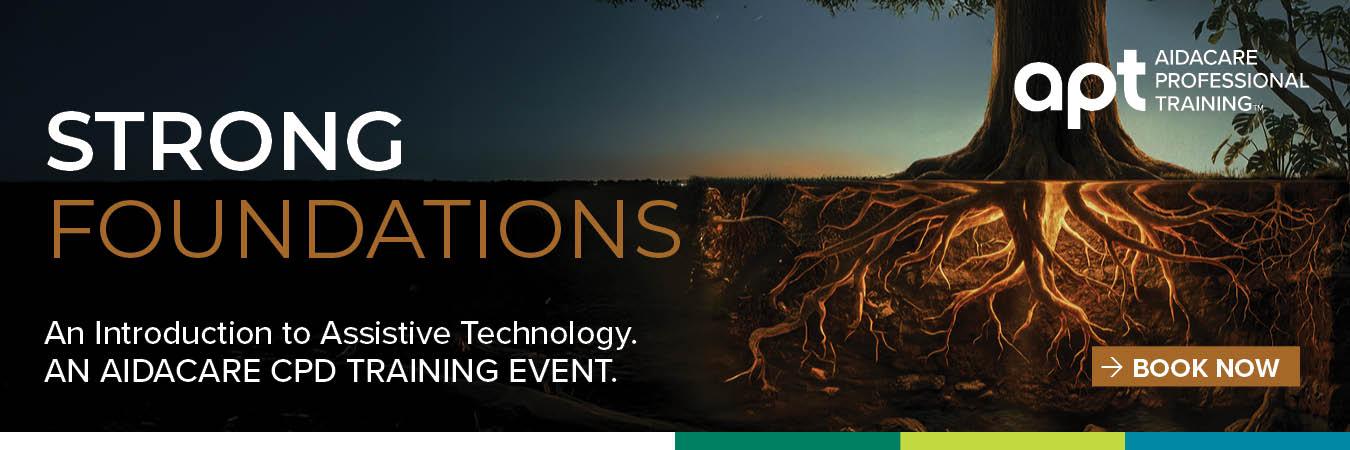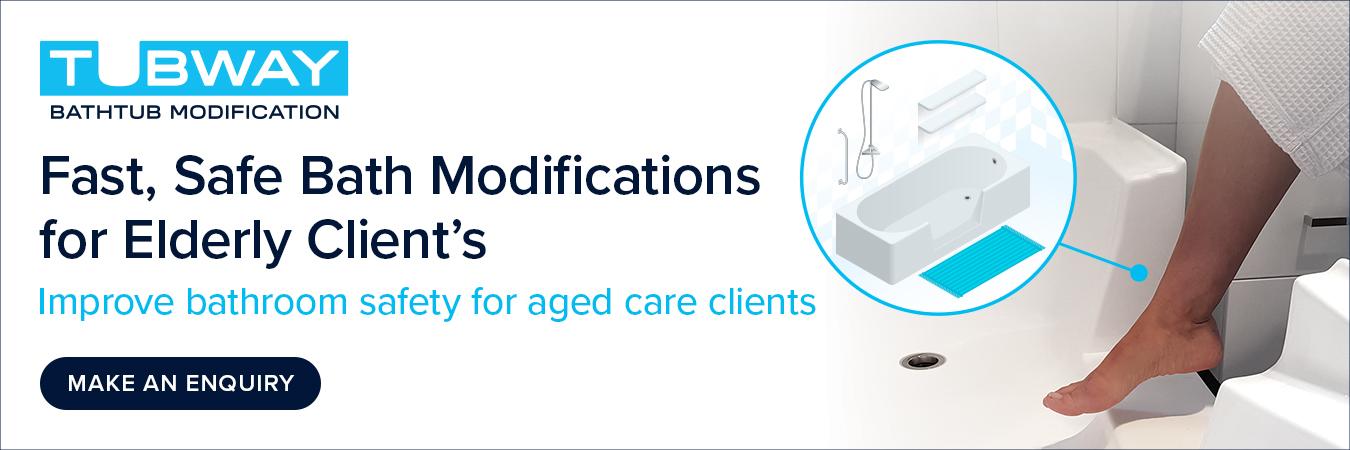
Published: Monday 31 March 2025
This Capability Framework outlines the essential knowledge, skills, and attitudes required for occupational therapists supporting people with Assistive Technology (AT) across various career stages and across all relevant Australian service settings.
The capabilities are grouped across five domains:
- Governance, Standards and Models of Practice
- Guiding principles and practices for assistive technology provision
- Occupation-focused assessment for assistive technology
- Participation-focused AT solutions and systems
- Interprofessional and collaborative practice
The framework aims to:
- facilitate occupational therapists’ self-reflection and decision making regarding their practice
- help practitioners identify areas where they may need to enhance their knowledge or skills relevant to their service setting or area of practice
- demonstrate the professional practice expectations of occupational therapists at different career stages
- support advocacy for the role, function and scope of practice of occupational therapy to key stakeholders, including government, funding bodies, employers and managers
Related Tags
Related topics

19 November 2024
Position Statement: Occupational Therapy and Driver Assessment and Rehabilitation (October 2015, amended March 2022)
Developed to guide future practice and developments, and facilitate consistency of practice nationally in the area of driver assessment and rehabilitation.

7 January 2025
Position Statement: Occupational Deprivation (2016)
The purpose of this position statement is to outline the position of Occupational Therapy Australia in relation to occupational deprivation. This position statement is intended for occupational therapists but may also be useful for individuals and groups interested in working towards the creation of a fairer and more socially inclusive Australia.

25 March 2025
Essential Supports for Early Career OTs
Essential Supports for Early Career OTs (Essential Support Guide) outlines the minimum recommended supports that Occupational Therapy Australia (OTA) advises for early career occupational therapists.


